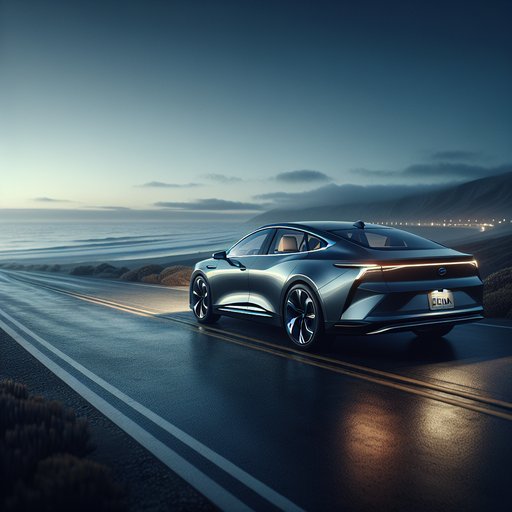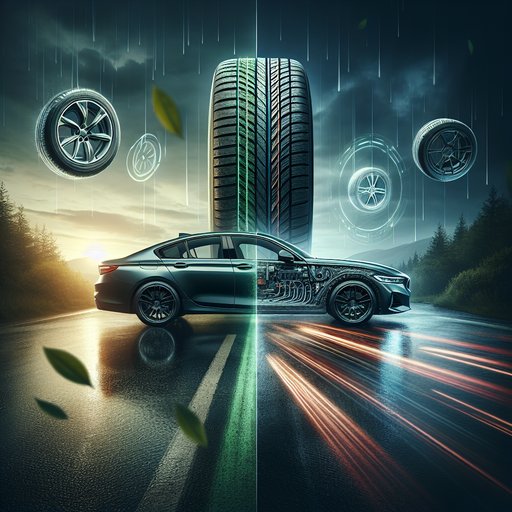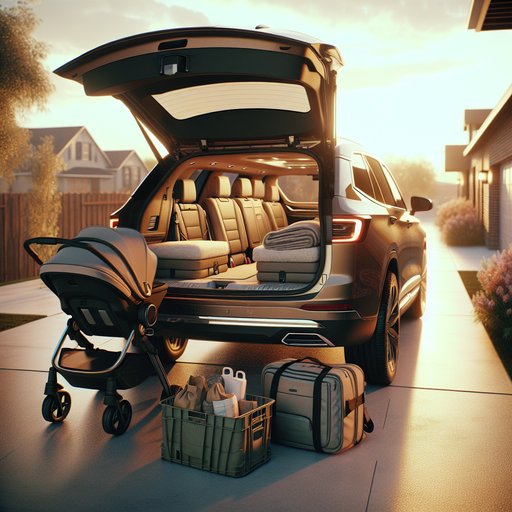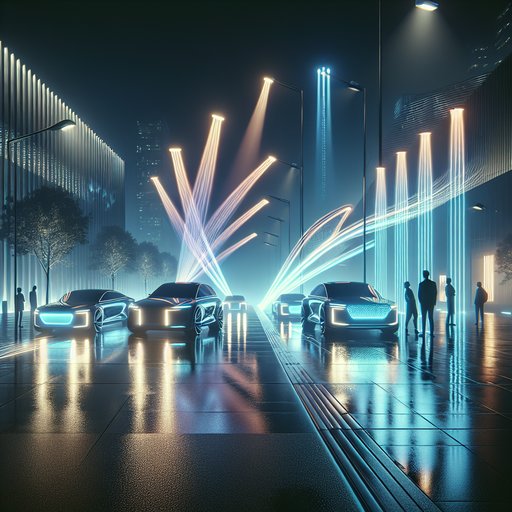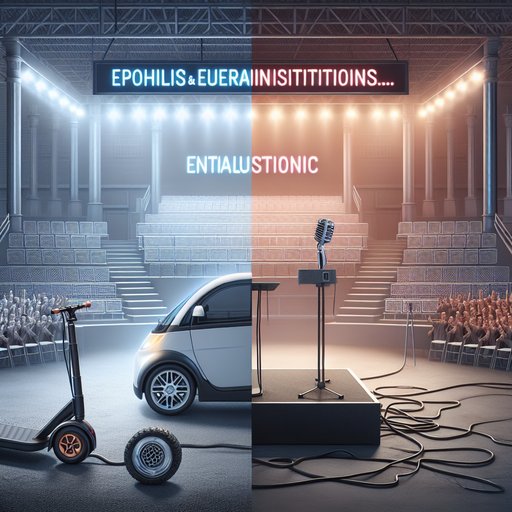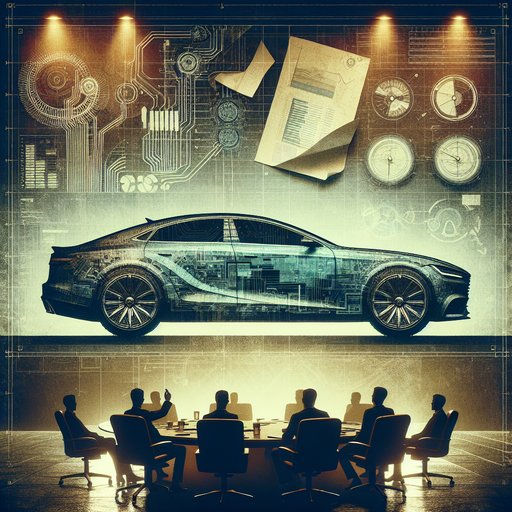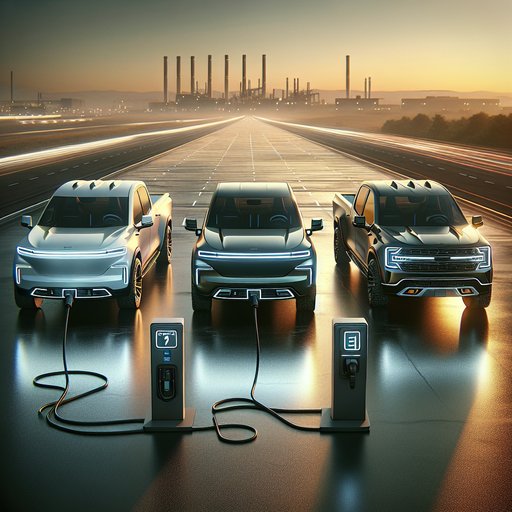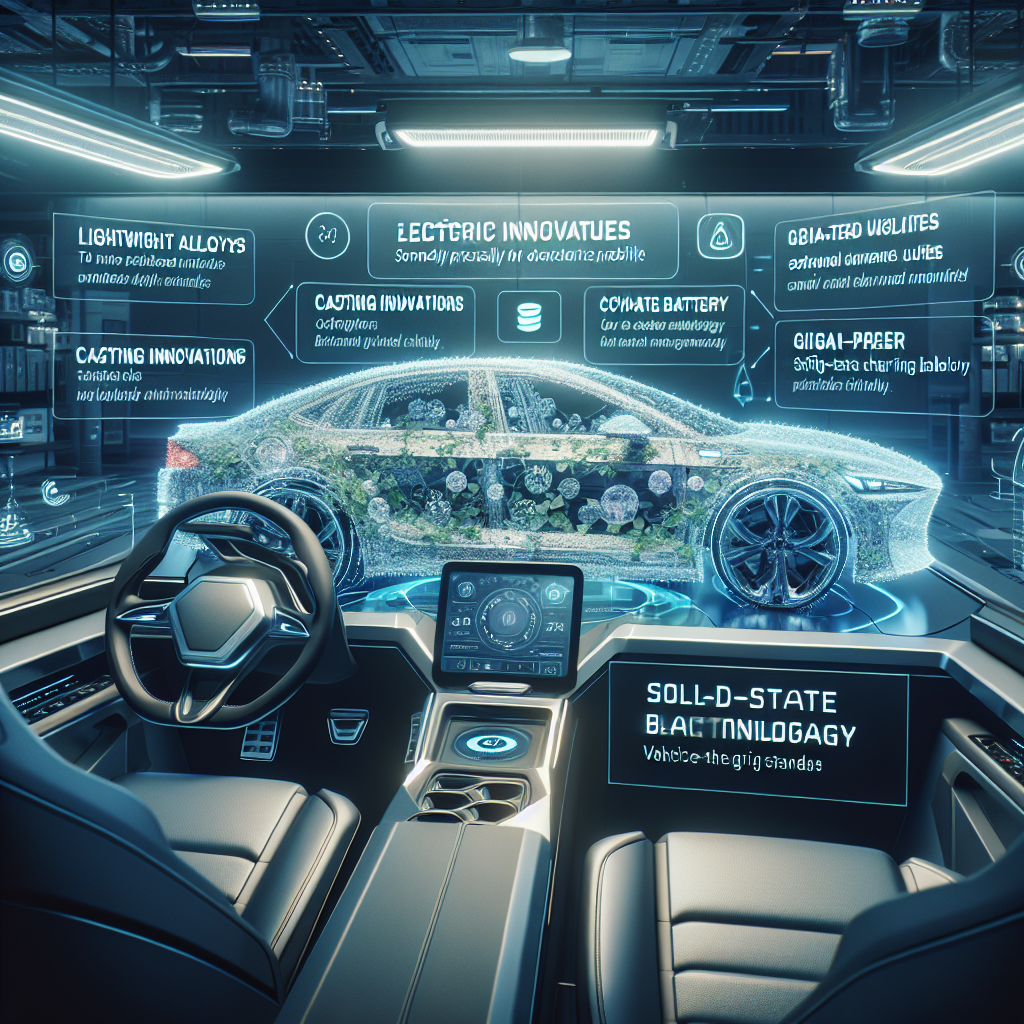
Major automakers are pushing the boundaries of electric vehicle technology with new models promising unprecedented range capabilities. Both Mercedes-Benz and Volvo are set to launch electric SUVs capable of traveling more than 435 miles on a single charge, marking a significant milestone in the industry's transition to sustainable mobility [1].
The 2026 Mercedes-Benz GLC EQ is positioning itself as a direct competitor to BMW's iX3, featuring a next-generation design with an innovative grille and a dashboard-spanning infotainment touchscreen. The interior represents Mercedes' most ambitious digital integration yet, with the largest touchscreen ever installed in one of their vehicles [2].
Volvo is joining the long-range EV race with their upcoming EX60, scheduled for release in January. The electric equivalent of their best-selling XC60 SUV is expected to provide what company officials describe as a 'huge boost' to Volvo's electric vehicle ambitions [3].
For those concerned about range limitations, innovative solutions are emerging. Engine builder Horse, backed by industry giants Renault, Geely, and Aramco, has developed a briefcase-sized range-extender conversion kit for EVs. This drop-in solution offers a practical approach to addressing range anxiety without compromising the benefits of electric mobility [4].
The electric vehicle market is becoming increasingly competitive, with Chinese manufacturer Xpeng entering the fray. Their G6 mid-sized electric SUV emphasizes space, technology, and charging speed, demonstrating how new players are pushing established manufacturers to innovate [5].

